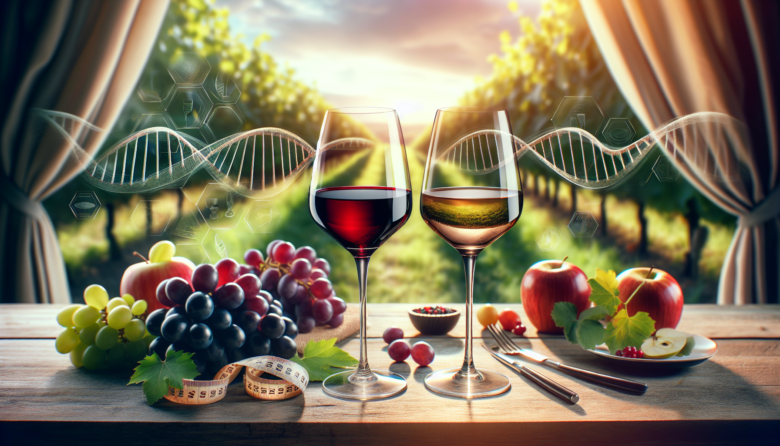
Red Wine vs White Wine: Cancer Risk Comparison Explained
The Health Benefits of Wine
Wine, particularly red wine, has long been associated with various health benefits, primarily due to its rich content of antioxidants, such as polyphenols. These compounds are believed to promote heart health and reduce inflammation. But the question remains: is red wine truly a healthier choice than white wine when it comes to cancer risk?
Understanding Wine and Its Components
To address the cancer risk associated with red and white wine, we need to understand what distinguishes them:
Red Wine
- Rich in Resveratrol: This compound is thought to have anti-cancer properties and is found abundantly in the skins of red grapes.
- Higher Antioxidant Levels: Red wine generally contains more antioxidants due to the fermentation process, which involves grape skins.
- Polyphenols: These are believed to play a role in reducing cardiovascular diseases and may positively impact cancer risk.
White Wine
- Less Resveratrol: White wine is often made without grape skins, resulting in significantly lower concentrations of this important antioxidant.
- Fewer Antioxidants: The antioxidant levels in white wine are generally lower than in red, primarily due to differing fermentation processes.
- Different Flavor Profiles: White wine is often lighter and fruitier, appealing to a different demographic of wine drinkers.
Cancer Risks Associated with Wine Consumption
While there are benefits to moderate wine consumption, it is crucial to recognize the potential cancer risks involved. Epidemiological studies have indicated that alcoholic beverages, including wine, are linked to an increased risk of various types of cancer:
Alcohol and Cancer
- Breast Cancer: Research has shown that alcohol consumption, including wine, is associated with an increased risk of breast cancer in women.
- Colorectal Cancer: Studies indicate that higher alcohol intake may also elevate the risk of colorectal cancer.
- Esophageal Cancer: There is a noted correlation between alcohol consumption and a higher incidence of esophageal cancer.
Comparative Studies: Red Wine vs White Wine
Several studies have aimed to compare the cancer risks between red and white wine. While the focus has primarily been on the benefits of red wine, certain studies have provided insight into the comparative risks.
Resveratrol’s Role
Research suggests that resveratrol, a prominent component of red wine, may help mitigate certain cancer risks due to its properties that interfere with tumor growth. However, its effectiveness is still being studied, and the presence of resveratrol does not negate the risk associated with alcohol consumption.
Alcohol Content and Cancer Risks
Regardless of the type, alcohol consumption is the primary factor that elevates cancer risk. The National Cancer Institute states that the risks of cancer increase with the amount of alcohol consumed. Thus, one might argue that the color of the wine is less significant than the volume consumed.
Moderation is Key
Experts generally agree that moderation is the linchpin of any health-related discussion about alcohol. The American Heart Association suggests that if you do drink wine, it should be in moderation:
- Men: Up to two 5-ounce glasses per day.
- Women: Up to one 5-ounce glass per day.
Alternative Options for Cancer Prevention
If you’re concerned about the cancer risks associated with wine consumption, consider these alternatives:
- Non-Alcoholic Wines: These offer similar flavors without the associated risks of alcohol.
- Herbal Teas: Many varieties, such as green tea, contain antioxidants and have been linked to lower cancer risks.
- Fruit Juices: Juices, particularly from berries, can offer health benefits akin to those of red wine without the alcohol.
Conclusion: Make an Informed Choice
When weighing the health benefits of red wine against white wine, it becomes evident that both have their own sets of advantages and risks. While red wine may offer potential anti-cancer benefits due to its higher antioxidant content, the risks associated

